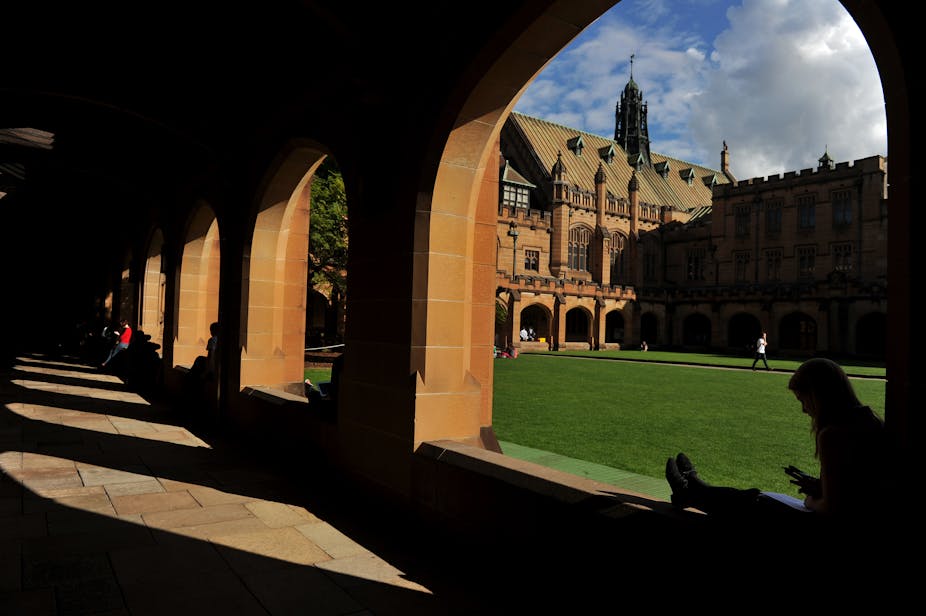Universities Australia (UA), the peak body representing Australia’s 39 universities, will on Tuesday launch a survey designed to shed light on student experiences of sexual assault and sexual harassment on campus.
The survey is the most comprehensive of its kind undertaken in Australian universities. It will form a key part of a UA campaign announced in February to tackle sexual assault and harassment.
“For many of those who have been attacked or abused, the damage of sexual assault and sexual harassment cannot be undone. The impact of these incidents reverberates throughout a lifetime,” said UA chair and Western Sydney University vice-chancellor Barney Glover.
“We know we cannot continue to improve how universities respond and support those students who need us most without hearing from the students themselves.”
“This is another important step to prevent sexual assault and sexual harassment in Australia’s universities,” said Gillian Triggs, president of the Australian Human Rights Commission, which will conduct the survey.
The UA campaign against sexual assault follows a series of on-campus screenings of The Hunting Ground, a US documentary about sexual assault on college campuses and the failure of college administrations to address it.
Sex Discrimination Commissioner Kate Jenkins said: “Over the past year, we have heard a great deal about sexual assault and sexual harassment of university students. These reports are worrying.
"The data we expect to collect from this survey will provide the evidence needed to continue to develop effective prevention strategies and responses.”
A representative sample of students from all Australian universities will be asked to complete this survey. Those not selected can share their experiences anonymously here. Submissions will be open until late 2016.
If you need help or support to deal with sexual assault or sexual harassment, please call 1800 RESPECT.


